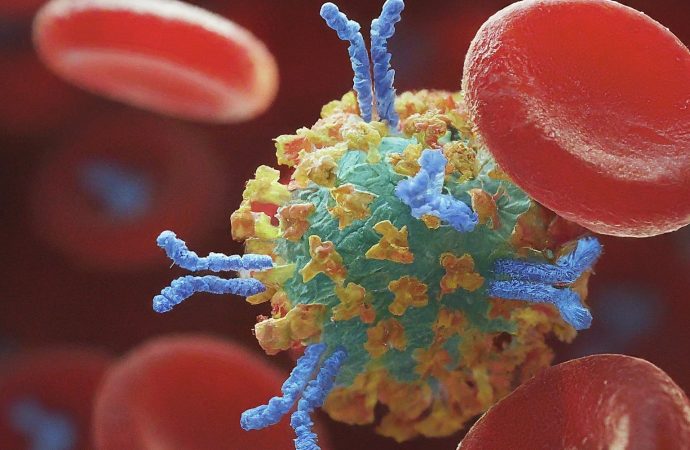Meet Dr. Sarah Jones Dr. Sarah Jones is a physician with a background in infectious diseases and a strong interest in public health education. Having witnessed the long-term effects of Covid-19 firsthand in her patients, she’s passionate about raising awareness and providing evidence-based information on Long Covid. Decoding Long Covid: A Growing Concern Long Covid,
Meet Dr. Sarah Jones
Dr. Sarah Jones is a physician with a background in infectious diseases and a strong interest in public health education. Having witnessed the long-term effects of Covid-19 firsthand in her patients, she’s passionate about raising awareness and providing evidence-based information on Long Covid.
Decoding Long Covid: A Growing Concern
Long Covid, also known as post-acute sequelae of Covid-19 (PASC), refers to a constellation of symptoms that persist for weeks, months, or even years following a Covid-19 infection. While the exact cause remains under investigation, millions globally grapple with its debilitating effects.
A recent report by the National Academies of Sciences, Engineering, and Medicine (NASEM) sheds new light on Long Covid’s severity, risk factors, and impact on daily life. Let’s delve deeper into the key takeaways from this comprehensive report.
Understanding Long Covid’s Severity
The NASEM report highlights the following key points regarding Long Covid’s severity:
- Prevalence: An estimated 3.4% of U.S. adults and 1.3% of children reported experiencing Long Covid symptoms at the time of the survey.
- Symptoms: Common symptoms include chronic fatigue, “brain fog” (cognitive impairment), shortness of breath, and difficulty performing daily activities.
- Functional Impact: Long Covid can significantly impair an individual’s ability to work, attend school, or live independently.

Picture by: Google Gemini
Table 1: Common Long Covid Symptoms
| Symptom | Description |
|---|---|
| Chronic Fatigue | Persistent tiredness that doesn’t improve with rest |
| Brain Fog | Difficulty concentrating, memory problems, mental fogginess |
| Shortness of Breath | Difficulty breathing, even at rest |
| Post-Exertional Malaise | Worsening of symptoms after physical or mental exertion |
| Sleep Problems | Difficulty falling asleep or staying asleep |
| Muscle or Joint Pain | Persistent aches and pains throughout the body |
| Headache | Frequent or persistent headaches |
| Anxiety or Depression | Increased feelings of anxiety or depression |
It’s important to note that Long Covid can manifest differently in each individual. While some may experience mild symptoms that gradually improve, others may face a debilitating illness with significant functional limitations.
Risk Factors for Long Covid
The NASEM report identifies several factors that may increase the risk of developing Long Covid:
- Severity of Initial Infection: Individuals who experience a severe Covid-19 illness requiring hospitalization are more at risk.
- Age: Older adults seem to be more susceptible to Long Covid compared to younger individuals.
- Pre-existing Conditions: Certain pre-existing health conditions, such as diabetes or obesity, may increase the risk.
Living with Long Covid: Challenges and Support
Living with Long Covid can be incredibly challenging. The report emphasizes the need for:
- Improved Diagnosis: Developing standardized diagnostic criteria to facilitate timely and accurate diagnosis.
- Effective Treatment: Researching and developing effective treatment options to manage Long Covid symptoms.
- Support Systems: Providing resources and support groups for individuals living with Long Covid, including access to physical and mental health services.
A Path Forward: Hope and Resilience
While Long Covid presents a significant public health challenge, the NASEM report offers valuable insights and paves the way for further research and improved care. Here are some encouraging takeaways:
- Increased Awareness: Greater public awareness about Long Covid helps to normalize the experience and reduce feelings of isolation for patients.
- Ongoing Research: Dedicated research efforts hold promise for developing effective diagnostic tools and treatment strategies.
By working together – researchers, healthcare professionals, and patients – we can navigate the challenges of Long Covid and offer hope and support to those affected by this complex condition.
















